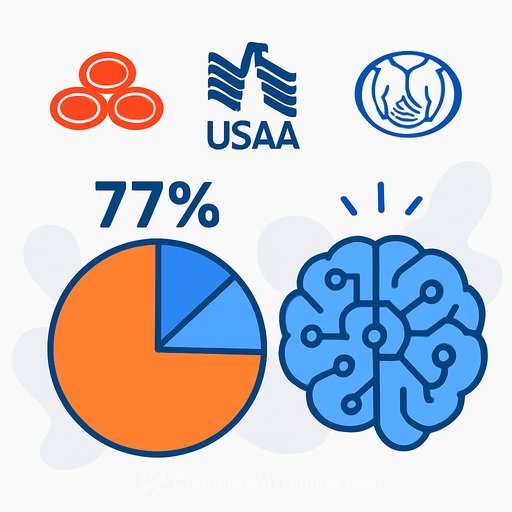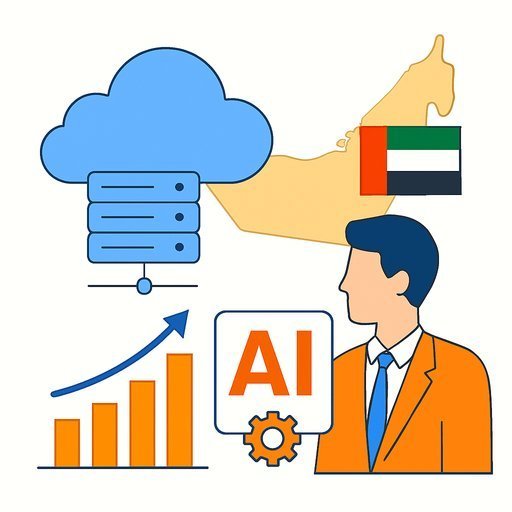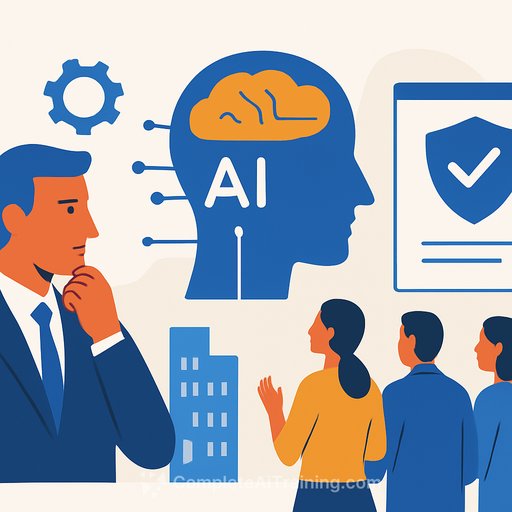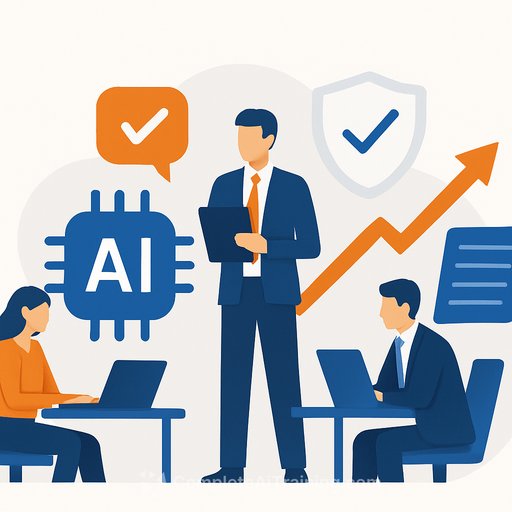IFE: The Future of Insurance Professions in the Age of Artificial Intelligence
The insurance sector is changing as artificial intelligence (AI) advances. These technologies are altering how insurance professionals work, from underwriting to claims handling.
The Impact of AI on Underwriting
AI improves underwriting by enabling more precise risk evaluations. Machine learning algorithms process large datasets, helping underwriters make faster, well-informed decisions. This leads to greater efficiency and quicker policy approvals, enhancing customer satisfaction.
Claims Processing and Automation
AI streamlines claims processing by automating routine tasks. Virtual assistants and chatbots manage initial inquiries, allowing human adjusters to focus on complex claims. This approach decreases processing times and reduces errors, resulting in more accurate outcomes.
The Role of Data Analytics
Data analytics is central to AI adoption in insurance. Insurers use big data to better understand customer behavior and preferences, enabling the creation of personalized products and services. This data-driven method helps companies stay competitive.
Challenges and Considerations
Adopting AI comes with challenges. Protecting customer data privacy and security is critical. Additionally, regulatory frameworks must evolve to keep up with technological changes and ensure compliance.
The Future Workforce
AI will change the skills needed in insurance professions. Professionals must gain expertise in data analysis, AI tools, and customer management. Ongoing training and education are essential for adapting to these shifts.
Embracing AI technologies and updating skill sets will be key to thriving in the insurance industry’s changing environment.
For insurance professionals interested in advancing their AI knowledge, Complete AI Training offers courses tailored to your job role.
Your membership also unlocks:






